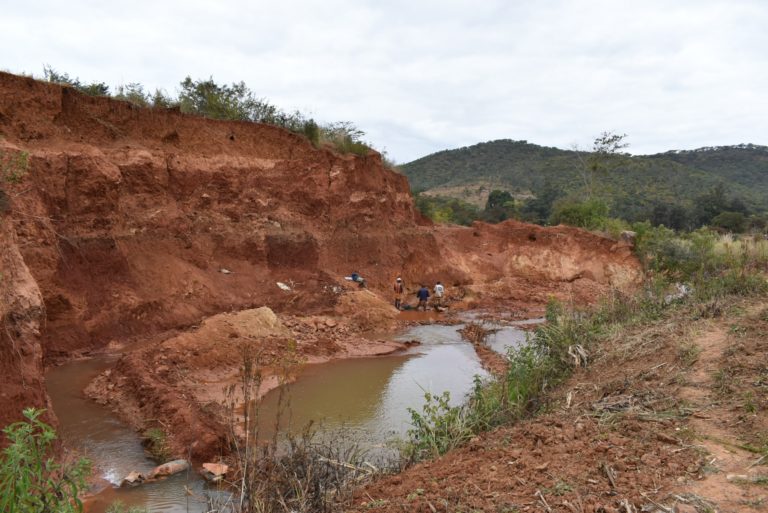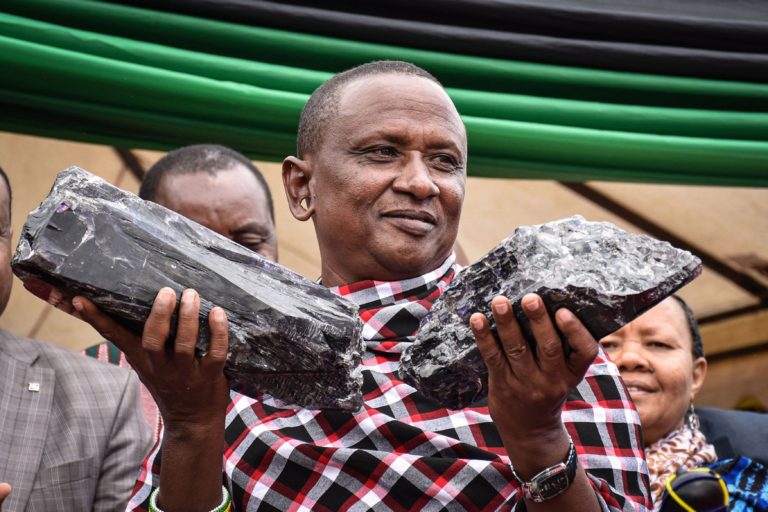Centre for Natural Resource Governance (CNRG), a Zimbabwe-based NGO advocating for violence-free and conflict-free extraction of natural resources now wants the government to halt the scourge.
“We are gravely concerned on syndicates who abuse their proximity to power and defraud Zimbabweans and the central government of funds that should be expanding the country’s revenue base and improving the socio-economic lives of Zimbabweans,” says Simiso Mlevu, a project and communication for development chief at CNRG.
On May 9, South Africa’s Hawks Serious Organized Crime Investigation team arrested Tashinga Nyasha Masinire at OR Tambo International Airport on charges of illegally possessing 23 pieces of gold valued at $700,000.
The gold was discovered in Masinire’s luggage and he failed to produce a permit that allows him to transport the gold.
According to Mlevu, the arrest of Masinire by South African authorities raises questions about the porosity of Zimbabwe’s ports.
“The smooth departure of Masinire with his loot exposes the complicity of Zimbabwe’s immigration and security authorities in the smuggling of the country’s minerals,” she told Ubuntu Times in an email interview.
The arrest of Masinire follows another high-profile arrest of Zimbabwe Miners Federation President, Ms. Henrietta Rushwaya in October 2020, who was found with contraband of 6kg of gold. Rushwaya is yet to be cleared by the courts and remains the President of the Zimbabwe Miners Federation.
The NGO further calls the Zimbabwe Anti-Corruption Commission to investigate the role of the Zimbabwe Miners Federation and politically connected cartels in the smuggling of minerals.
It further wants the judiciary to consider smuggling of minerals as a high-level crime and impose deterrent sentences on members of criminal networks involved in smuggling of minerals
Zimbabwe continues to lose billions of dollars annually to organized criminal syndicates which have spread their wings from diamonds, chrome, gold, semi-precious gemstones, coal to copper, among other minerals.
With the majority of Zimbabwean working population majorly found in the informal sector, many of those living in mineral-rich areas risk their lives digging underground in search of gold to better their lives.
Research by International Crisis Group estimated that over $1.5billion of gold is smuggled out of Zimbabwe each year, denying the cash-strapped economy of crucial foreign-exchange revenues.
The Central bank-owned Fidelity Printers and Refiners (FPR) is the sole legal buyer of extracted gold in Zimbabwe and is also the country’s notes and coins minter.
This, analysts say, could be a major factor for smuggling of gold because of the poor prices offered by FPR to the sellers.
Late last year, as one of the efforts to curb this, announced that it would close down all unmonitored airstrips, install a new radar control system to monitor small aircrafts flying in the country with a belief that they might be used to smuggle minerals out of the country.


















